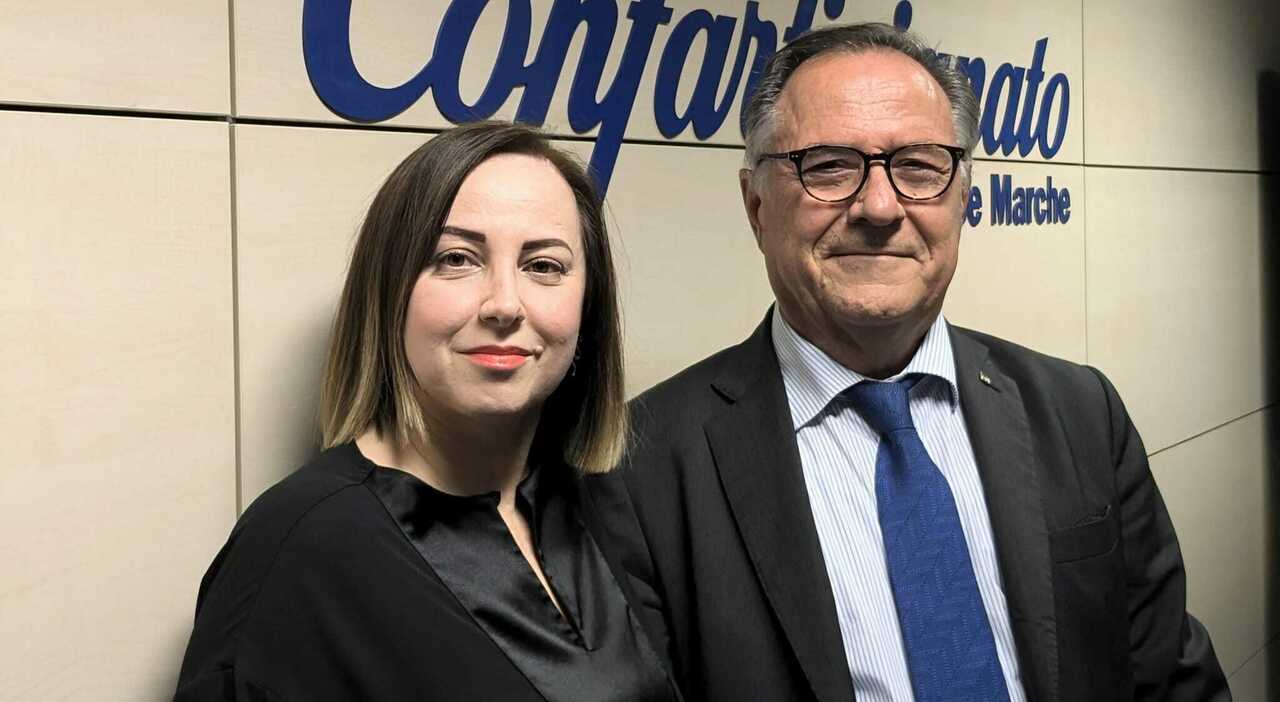Moira Amaranti has been elected new president of Confartigianato Marche. Owner of Les Amaranti srl of Civitanova, he takes over the reins from Emanuele Pepa, who in the meantime has become mayor of Recanati.
In this historical moment of great instability, what are the challenges you consider priorities and how do you intend to address them?
INSIGHTS
«They are many but not impossible. And this is because we face them strong in the awareness that the centrality of our economy is represented by micro and small businesses, 99% of the activities that operate in the Marche region.”
How to defend this heritage?
«The artisan world must be protected, safeguarded and enhanced in a period in which the economy no longer varies annually but from month to month. For this reason we are ready to intervene in every area, exploiting all the possibilities and seizing all the opportunities.”
What is the number one priority?
«The obstacle of credit for micro and small companies: calls for tenders tailored to their needs and potential are needed. Therefore there must be maximum simplification in terms of access, reporting and settlement. The investment thresholds must be adapted to the needs of companies.”
Other critical issues?
«The problem of material and immaterial infrastructure must be solved, our region cannot do without it. Connecting the Marche to all national and international markets is fundamental and therefore as Confartigianato we want to give our contribution to the regional infrastructure table to create a road network and reduce all imbalances. The port, the airport and the interport must be strengthened.”
Entrepreneurs complain about a lack of specialized labor: is it a real problem?
«The worry of the Marche region: in craftsmanship we boast great know-how, but we lack a qualified workforce. Here we must focus on innovation, digitalisation and internationalisation. My experience as regional footwear president helps me in this.”
How?
«Within Made in Italy, Made in Marche stands out for fashion, agri-food, mechanics, wood and furniture. We are called by fairs and markets. An internationalization that must be cultivated because there is a need for new orders, new outlet markets.”
What does he propose?
«On the image side, our companies have learned to present themselves to the outside world: they are digitalised, present in international fairs for at least 25 years. But they must be supported: they cannot be limited to one or two events a year for cost reasons.”


